LEX LATA, LEX FERENDA
The law as it is, the law as it should be
A commentary on International and Comparative Law and Global Affairs by Washington University School of Law Professors, Alumni, and Students
Guest Contributors
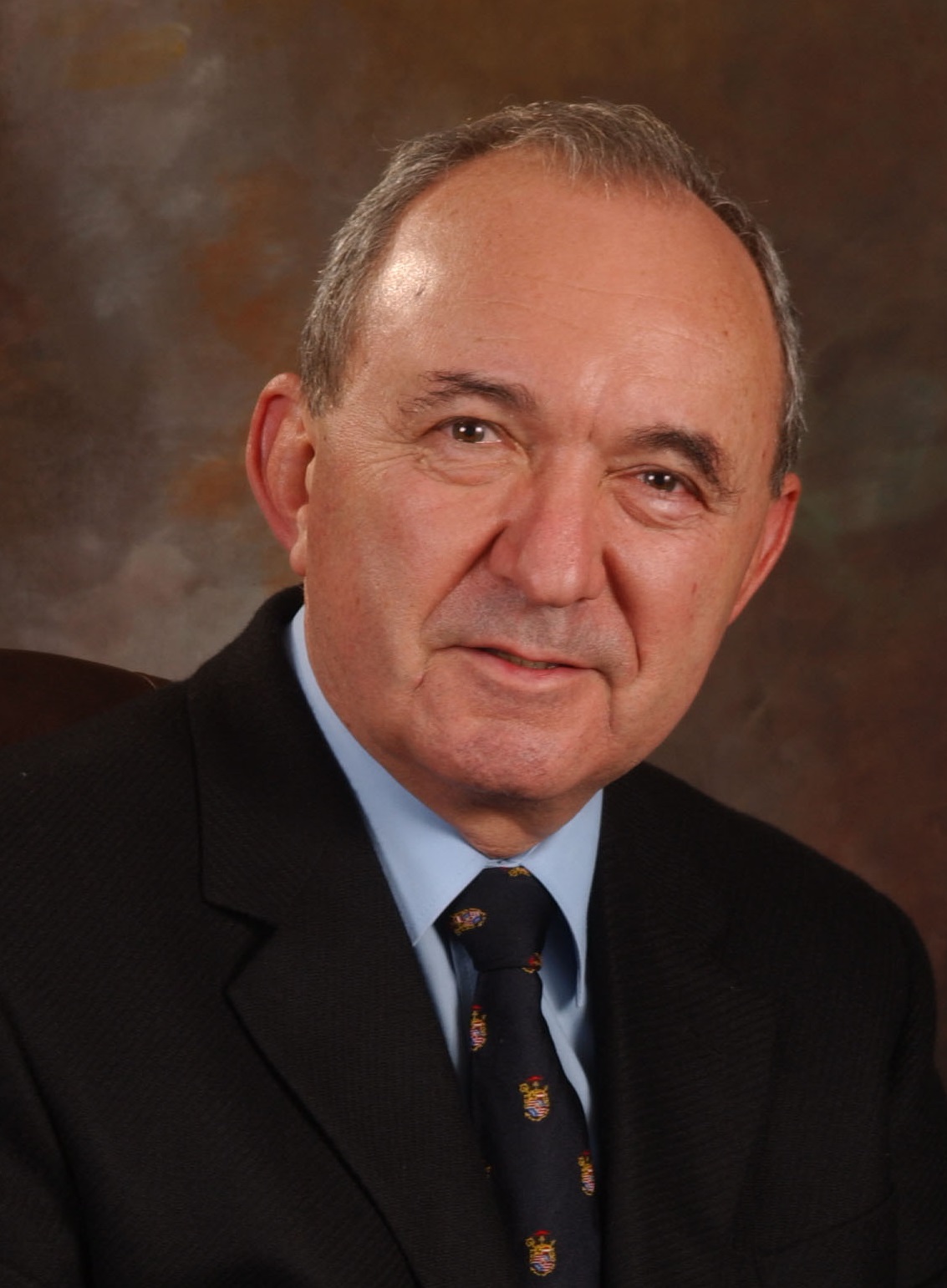 Richard A. Goldstone
Richard A. Goldstone
Richard Goldstone was the first Chief Prosecutor of the International Criminal Tribunals for the former Yugoslavia and Rwanda. He has also served on the Constitutional Court of South Africa and the UN Independent International Committee which investigated the Iraq Oil for Food program (the Volcker Committee). Goldstone chaired the South African Commission of Inquiry Regarding the Prevention of Public Violence and Intimidation (the Goldstone Commission) and the International Independent Inquiry on Kosovo. In 2009 he led the United Nations Fact Finding Mission on Gaza.
In January 2008, Goldstone received the World Peace through Law Award from the Whitney R. Harris World Law Institute. In May 2009, he also received the prestigious MacArthur Award for International Justice from the John D. and Catherine T. MacArthur Foundation. Goldstone is a foreign member of the American Academy of Arts and Sciences and an honorary member of the Association of the Bar of New York City. He regularly serves as a visiting professor at various universities around the world.
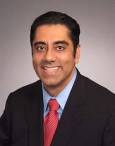 Vinay Harpalani, Savannah Law School
Vinay Harpalani, Savannah Law School
Vanay Harpalaniis an Associate Professor at Savannah Law School. His scholarship focuses on race, education, and constitutional law, examining legal, social, and political dimensions of racial identity. He has authored several law review articles on race-conscious university admissions and is frequently invited to comment and speak about the topic. His article Diversity Within Racial Groups and the Constitutionality of Race-Conscious Admissions which was published in November 2012, correctly noted that the U.S. Supreme Court would remand Fisher v. Texas to the Fifth Circuit Court of Appeals for proper application of strict scrutiny. Prior to joining the faculty of Savannah Law School, he was Visiting Assistant Professor of Law at the Chicago-Kent College of Law, Illinois Institute of Technology. Professor Harpalani was the inaugural academic fellow at the Fred T. Korematsu Center for Law and Equality, Seattle University School of Law (2010-12), where he taught seminar courses in education law and constitutional law, and the Derrick Bell Fellow at New York University (NYU) School of Law (2009-10), where he co-taught constitutional law courses with the late Professor Derrick Bell. He graduated from New York University School of Law in 2009, where he served as an articles editor for the New York University Law Review, an Arthur Garfield Hays Civil Liberties Fellow, and a Derrick A. Bell Jr. Public Service Scholar. At NYU, he won the Gary E. Moncrieffe Award for “outstanding student in Racism and Law” and received a Vanderbilt Medal for “outstanding contributions to the school of law.” Prior to law school, Professor Harpalani earned his Ph.D. from the University of Pennsylvania and also served as a lecturer at the university.
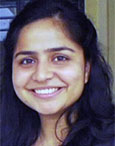 Neha Mishra, M.S. Ramaiah College of Law
Neha Mishra, M.S. Ramaiah College of Law
Dr. Neha Mishra is an Assistant Professor of Law at M.S. Ramaiah College of Law and is also a Ph.D. Scholar at National Law School of India University, Bangalore. Her research interests include human rights and in particular the area of 2nd generation and 3rd generation human rights, discrimination and social exclusion, gender rights and constitutional law. Enrolled in Bar Council of Delhi, she previously worked as an attorney in New Delhi, has handled litigation in the Supreme Court and High Court of Delhi and appeared in vital judgments which subsequently become a part of reported judgment archives. She has worked in academia since 2013 and has presented her papers in national and international fora. She has researched and published on different aspects and issues pertaining to human rights for various esteemed academic institutions and journals.
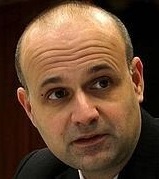 Héctor Olasolo, University of El Rosario
Héctor Olasolo, University of El Rosario
Dr. Héctor Olásolo holds the chair in International Law at the University of El Rosario (Colombia), and is the chairman of The Ibero-American Institute of the Hague for Peace, Human Rights and International Justice (“IIH”). His main research interests are International Criminal Law, International Humanitarian Law, and International Human Rights. He is the author of numerous publications in these areas, including the books entitled ‘Corte Penal Internacional: ‘The Triggering Procedure of the International Criminal Court’ (Brill Publishers, 2005), ‘Unlawful Attacks in Combat Situations’ (Brill Publishers, 2008), The Criminal Liability of Political and Military Leaders as Principals to International Crimes (Hart Publishers, 2009), ‘Essays on International Criminal Justice (Hart Publishers, 2012), and ‘Treaty on Modes of Liability in International Criminal Law’ (Tirant lo Blanch, 2013, in Spanish). He has served as Legal Officer in Chambers at the International Criminal Court (2004-2010). He has also served as a member of the Legal Advisory and Appeals Sections of the Office of the Prosecutor of the International Criminal Tribunal for the Former Yugoslavia (1999-2002), and as Legal Advisor of the Spanish Delegation to the ICC Preparatory Commission between 1999 and 2002. He held the chair in international criminal law at Utrecht University (2009-2012).
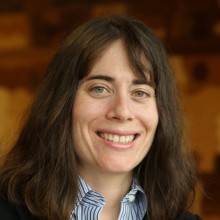 Hari Osofsky, University of Minnesota
Hari Osofsky, University of Minnesota
Hari Osofsky is a law professor, faculty director of the Energy Transition Lab, and director of the Joint Degree Program in Law, Science & Technology at the University of Minnesota. She also is on the faculty of the Conservation Biology Graduate Program, an adjunct professor in the Department of Geography, Environment and Society, and a Fellow with the Institute on the Environment. Her publications focus on improving governance and addressing injustice in energy and climate change regulation. Her scholarship includes books with Cambridge University Press on climate change litigation, textbooks on both energy and climate change law, and articles in leading law and geography journals. Professor Osofsky is actively involved in public policy work on energy transition and climate change through the Energy Transition Lab and her teaching. She has supervised course contributions to the American Wind Energy Association, Commission on the BP Deepwater Horizon Oil Spill and Offshore Drilling, Earthjustice, Great Plains Institute, Hennepin County, Twin Cities Met Council, Minnesota Pollution Control Agency, Minnesota Public Utilities Commission, the National Regulatory Research Institute, Northwest Arctic Borough, the Phillips Community, the Southern Environmental Law Center, the University of Minnesota, and the Western Environmental Law Center. She also assisted with the Inuit Circumpolar Conference’s petition on climate change to the Inter-American Commission on Human Rights. She received a B.A. and a J.D. from Yale University, and a Ph.D. in Geography from the University of Oregon.
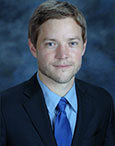 Ryan Scoville, Marquette University
Ryan Scoville, Marquette University
Ryan Scoville is an Assistant Professor of Law at Marquette University. He teaches and writes in the areas of international and U.S. foreign relations law. His recent articles include A Defense of Japanese Sovereignty Over the Senkaku / Diaoyu Islands, published in the George Washington International Law Review (2014). Prior to joining Marquette Law School, he worked as a litigation associate in the Denver and Tokyo offices of the law firm of Morrison & Foerster, and served as a law clerk for Judge Milan D. Smith, Jr. of the U.S. Court of Appeals for the Ninth Circuit and Judge Neil V. Wake of the U.S. District Court for the District of Arizona. He also worked briefly at the Arms Control Association and the Defense Department’s Office of the General Counsel (International Affairs). Professor Scoville holds a J.D. from Stanford Law School, where he was an executive editor for the Stanford Law Review, and a B.A. in International Studies from Brigham Young University.
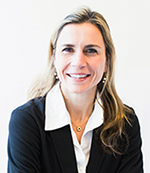 Milena Sterio, Cleveland-Marshall College of Law
Milena Sterio, Cleveland-Marshall College of Law
Before joining the Cleveland-Marshall faculty, Professor and Associate Dean Milena Sterio was an Associate in the New York City firm of Cleary, Gottlieb, Steen & Hamilton and an Adjunct Law Professor at Cornell, where she taught in the International War Crimes Clinic. Her research interests are in the field of international law, international criminal law, international human rights, law of the seas, and in particular maritime piracy, as well as private international law. In her capacity as expert on maritime piracy law, she has participated in the meetings of the United Nations Contact Group on Piracy off the Coast of Somalia, and has been a member of the Piracy Expert Group, an academic think tank functioning within the auspices of the Public International Law and Policy Group. Professor Sterio is one of six permanent editors of the prestigious IntLawGrrls blog. In spring 2013, Professor Sterio was a Fulbright Scholar in Baku, Azerbaijan, at Baku State University. Professor Sterio earned her law degree, magna cum laude, from Cornell Law School in 2002. At Cornell, she was Order of the Coif, General Editor of the Cornell International Law Journal and a member of Phi Beta Kappa. In 2003, she earned a master’s degree, cum laude, in Private International Law from the University Paris I-Pantheon-Sorbonne; in 2002, she earned a Maitrise en droit franco-americain cum laude, also from the Sorbonne.
